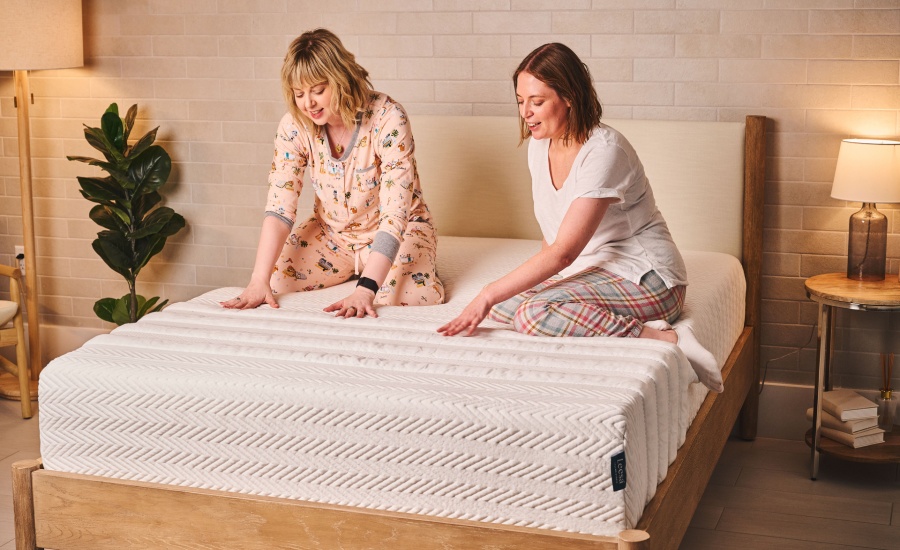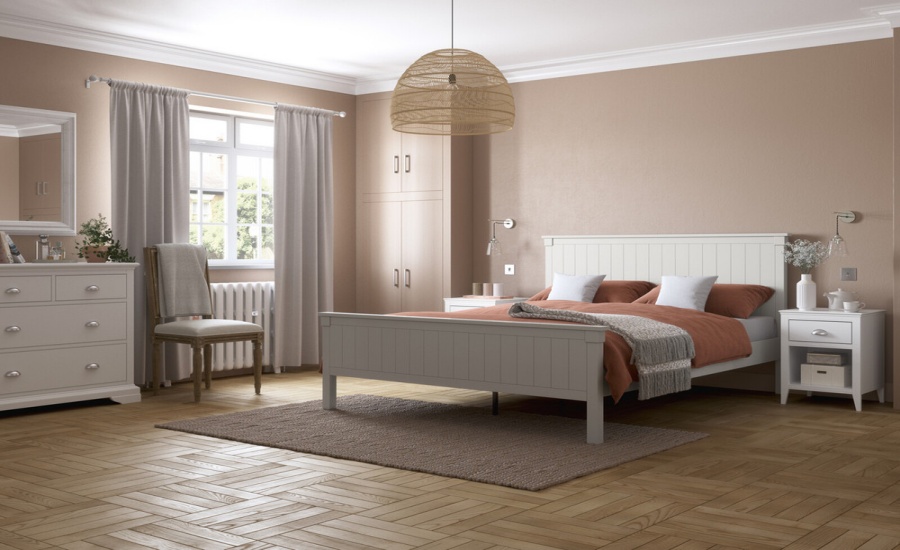Memory foam mattresses are popular for their ability to contour to the body, providing excellent support and pressure relief. This type of mattress is particularly beneficial for individuals with joint pain or those who prefer a softer sleeping surface. The foam absorbs movement, making it a great option for couples who may disturb each other during the night. When considering a memory foam mattress, pay attention to the density and thickness, as these factors influence comfort and durability.
These mattresses often have a firmer feel and are suitable for individuals who prefer a more traditional sleeping surface. The coil system allows for better airflow, which can help regulate temperature throughout the night. When choosing an innerspring mattress, consider the coil count and gauge, as higher counts generally indicate better support.
Hybrid mattresses combine the benefits of both memory foam and innerspring designs. These mattresses typically feature a layer of foam on top of coils, offering a balance of comfort and support. Hybrid options are ideal for those who want the contouring properties of foam without sacrificing the bounce of innerspring systems. Evaluating the materials used in the foam layers and the type of coils can help ensure you select a high-quality hybrid mattress.
Sleep position plays a significant role in determining the best mattress for your needs. Side sleepers often benefit from softer mattresses that provide cushioning for the shoulders and hips, while back and stomach sleepers typically require a firmer surface to maintain proper spinal alignment. Testing different mattresses in-store can help identify which type best suits your preferred sleeping position.

Consider your body weight when selecting a mattress. Heavier individuals may need a firmer mattress to prevent sinking too deeply, while lighter individuals might prefer a softer surface for better contouring. Some brands offer specific models designed for different weight categories, ensuring optimal support and comfort. Additionally, look for mattresses with strong edge support, which can enhance durability and provide a stable sitting surface.
Allergies and sensitivities should also be taken into account when choosing a mattress. Some materials can harbor allergens such as dust mites and mold. Opting for hypoallergenic mattresses made from materials such as latex or organic cotton can help minimize these concerns. Regular cleaning and maintenance are essential for prolonging the life of your mattress and ensuring a healthy sleeping environment.
Prices can vary widely based on materials, brand, and technology. Investing in a high-quality mattress can significantly impact sleep quality, making it a worthwhile expense. Look for warranties and trial periods that allow you to test the mattress at home before committing to a purchase.
Understanding your sleep needs and preferences is essential for selecting the right mattress. By considering factors such as material type, sleep position, body weight, allergies, and budget, you can make an informed decision that enhances your sleep experience. A well-chosen mattress can lead to improved sleep quality, better health, and a more comfortable home environment.















Leave a Reply